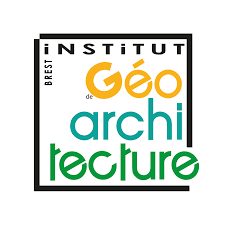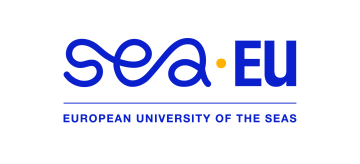
Since the creation of the team in 1982 by the founders of the institute, its researchers have been interested not only in the practices of space transformation but also in the doctrines, paradigms, ideas and theories on which they are based. This orientation has led us to build tools for observation, analysis and evaluation, but also to examine theories, discourses and representations.
Our work has shown the distance that can exist between the production of ideas and knowledge, attempts at experimentation and the situations that produce landscapes (built environment, natural and semi-natural spaces). In the end, these reflect only incompletely and sometimes belatedly the initial intentions. These intentions can even be reversed, either involuntarily or by reaction. In order to gain a better understanding of the evolution of developments, the relationship between theories and their implementation, and the gaps between reception and use, our research was conducted from a dynamic perspective, which requires an understanding of the legal, historical, sociological, economic, environmental and even ethnological contexts in which actions are undertaken. In passing, we found the opportunity to measure the weight of identities in planning and environmental management.
The team's research project, now on three sites (UBO, Rennes 1 and Université de Bretagne-Sud), covers the period 2017-2021 and is structured around two major unifying and multidisciplinary themes, to which a transversal and shared theme is associated. The team is constantly concerned with the transfer of methods and skills to local actors and the promotion of research objects through scientific publications and pragmatic expertise (popularisation and transfer).
In this respect, the Great West of France is an ideal terrain for implementing fundamental and applied research. Even if the laboratory can carry out its work in other territories, this regional anchoring is in line with the scale chosen for the Bretagne-Loire COMUE. Relations are thus already numerous with a large number of regional players (local authorities, associations, managers of natural areas, etc.), regional and national scientific partners (Centre for Research on Coastal Ecosystems CRESCO-MNHN, MNHN Natural Heritage Department, Regional Inventory Department, etc.), as well as the integration of team members into departmental, regional and national decision-making bodies - Architecture and Heritage Directorate, Network of Urban Planning Institutes (Aperau), CSRPN, various scientific councils - and participation in regional programmes or projects (SRCE, CEN, GIPBE). In response to this strong societal demand, decision support and prioritisation, particularly in the field of heritage, will be developed.
The team is characterized by a disciplinary, methodological, territorial and biogeographic complementarity, targeting four characteristic territorial sets: urban spaces, ordinary nature spaces, protected natural and semi-natural terrestrial spaces and spaces of the land-sea continuum.
The laboratory intends to concentrate its different approaches on a few federating sites: a first axis connected to the dynamic approaches of urban and natural territories; a second axis dedicated to the questions of the invention and management of heritages; finally a third transversal axis, dedicated to practices, uses and representations.
http://www.geoarchi.net/actu/accueil
